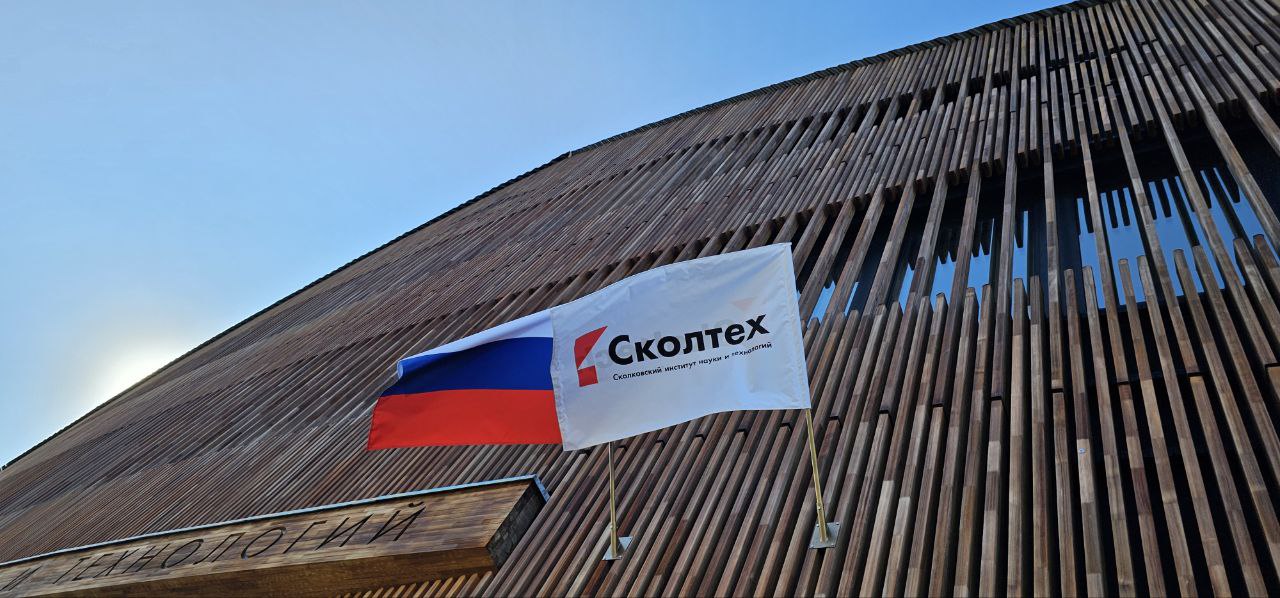Thirty-four researchers from Skoltech have made it into the latest edition of the best scientists ranking compiled by Stanford University’s John Ioannidis and colleagues in partnership with the publisher and Scopus database owner Elsevier. The featured scientists get their scores based on their impact in 2024, as reflected by Scopus-listed paper citations. A separate version of the ranking considers the researchers’ career-long results as of end of 2024. Skoltech is represented by more scientists than the other leading technical universities of Russia: ITMO University, MISIS, and MIPT.
The Stanford-Elsevier league table favors the most frequently cited researchers in their respective fields: It considers how often an author’s papers are cited by peers, as opposed to the raw number of publications. Self-citations are excluded from the core version of the ranking, and the position of an article author among co-authors — i.e., lead author, second author, last author, etc. — factors into the scores.
The newly updated ranking based on 2024 citations features over 200,000 researchers from across the world, among them 34 Skoltech employees, including:
Distinguished Professor Artem Abakumov at No. 279 of 78,896 in the domain of inorganic and nuclear chemistry.
Research Scientist Vladimir Anisimov at No. 206 of 314,640 in applied physics.
Professor Evgeny Antipov at No. 1,188 of 78,896 in inorganic and nuclear chemistry.
Leading Research Scientist Denis Baranov at No. 3,149 of 156,020 in nanoscience and nanotechnology.
Professor Valeriy Bukhtiyarov at No. 681 of 42,601 in physical chemistry.
Professor Dmitriy Chudakov at No. 1,644 of 166,615 in immunology.
Senior Research Scientist Shadfar Davoodi at No. 2,451 of 343,394 in energy.
Professor Vasily Fedotov at No. 337 of 80,301 in optics.
Associate Professor Federico Ibanez at No. 3,309 of 125,178 in electrical and electronic engineering.
Research Scientist Igor Ivanov at No. 1,938 of 83,749 in general physics.
Leading Research Scientist Anatoly Kamchatnov at No. 663 of 55,132 in fluids and plasmas.
Senior Research Scientist Yaroslav Kartashov at No. 85 of 80,301 in optics.
Research Scientist Andrei Katanin at No. 6,840 of 314,640 in applied physics.
Senior Research Scientist Vladimir Kolesnikov at No. 5,260 of 458,615 in AI and image processing.
Professor Alexander Korsunsky at No. 219 of 150,568 in mechanical engineering and transports.
The late Professor Igor Krichever at No. 865 of 72,185 in general mathematics.
Professor Ivan Kulakov at No. 995 of 103,460 in geochemistry and geophysics.
Distinguished Professor Pavlos Lagoudakis at No. 6,789 of 314,640 in applied physics.
Research Scientist Ivan Leonov at No. 5,574 of 314,640 in applied physics.
Distinguished Professor Artem R. Oganov at No. 88 of 314,640 in applied physics.
Professor Andrei Osiptsov at No. 6,744 of 343,394 in energy.
Associate Professor Alexander Safonov at No. 3,736 of 314,399 in materials.
Principal Research Scientist Alexander Shalin at No. 196 of 80,301 in optics.
Professor Alexander Shapeev at No. 99 of 314,399 in materials.
Professor Stanislav Smirnov at No. 657 of 72,185 in general mathematics.
Associate Professor Andrey Somov at No. 1,991 of 125,178 in electrical and electronic engineering.
Professor Gleb Sukhorukov at No. 1,584 of 115,551 in chemical physics.
Associate Professor Dzmitry Tsetserukou at No. 2,615 of 122,381 in industrial engineering and automation.
Professor Dmitry Yarotskiy at No. 589 of 217,319 in networking and telecommunications.
Assistant Professor Chengdong Yuan at No. 6,613 of 343,394 in energy.
Associate Professor Sergey Zagoruyko at No. 1,908 of 458,615 in AI and image processing.
Nearly all of them climbed the ranking in terms of the percentile they occupy in their respective domains compared with last year’s results. Six more Skoltech professors — Mikhail Gelfand, Oleg Vasilyev, Albert Nasibulin, Evgeny Nikolaev, Vladimir Drachev, and Ghader Rezazadeh — are featured in the separate list for their career-long impact up to and including 2024.
The database underlying the Ioannidis list, as the ranking is sometimes known, has been developed since 2015 and was originally published in 2019. It is openly available online. Its creators seek to provide rigorous, precise, and transparent performance and success indicators for scientists in response to the tendency for such metrics to be misused.
This year saw the eighth edition of the Updated Science-Wide Author Databases of Standardized Citation Indicators, which is the official name of the ranking. The newly updated version of the league table relies on Scopus data as of July 30, 2025. The prior editions of the ranking are available on the website of Elsevier.

